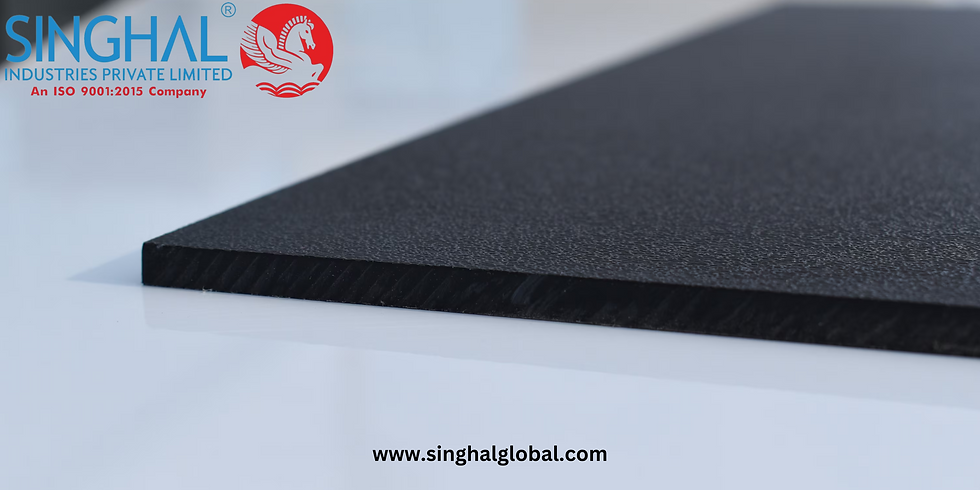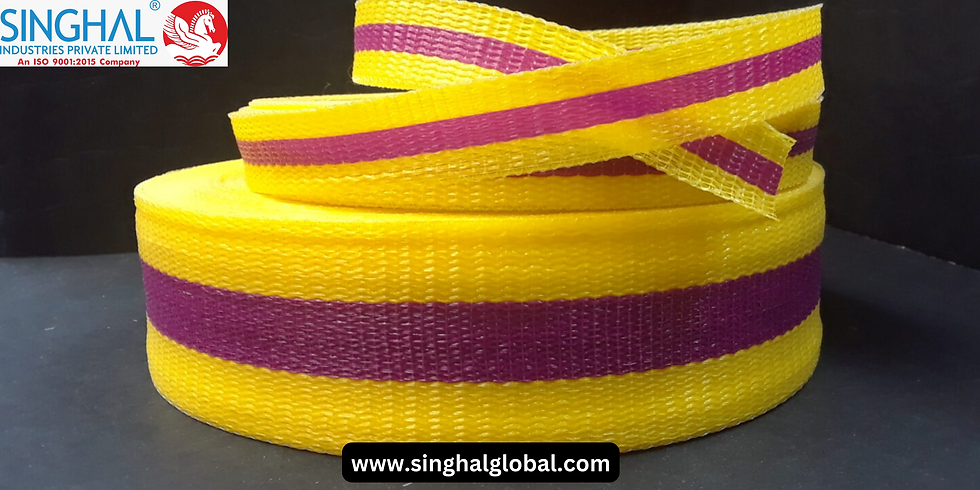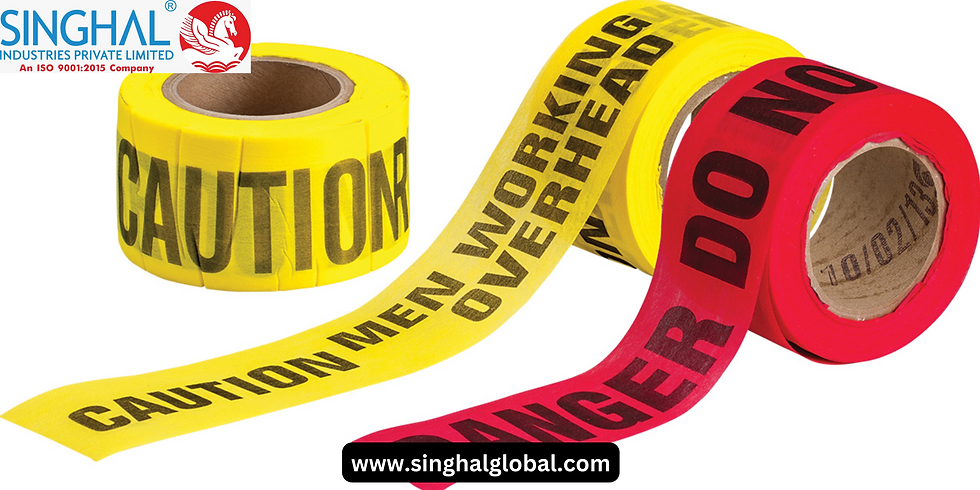The Versatility and Benefits of HDPE Bags: A Comprehensive Guide
- Sahil Prakash
- Jun 24, 2024
- 3 min read
Introduction
In the realm of packaging solutions, HDPE (High-Density Polyethylene) bags have carved a niche for themselves as robust, versatile, and eco-friendly options. These bags are widely used across various industries for their durability, strength, and recyclability. Among the myriad applications of HDPE bags, the 50 kg variant stands out for its capability to securely contain and protect substantial quantities of goods. This article explores the manufacturing process, advantages, benefits, and environmental impact of HDPE bags, with a special focus on manufacturers in Hyderabad.

Advantages of HDPE bags
HDPE bags offer a multitude of advantages that make them a preferred choice for packaging:
Strength and durability: HDPE bags are known for their exceptional strength-to-density ratio, which allows them to withstand substantial weight without tearing or puncturing. This makes them ideal for packaging heavy materials such as chemicals, fertilizers, and agricultural products in 50 kg capacities.
Water and chemical resistance: These bags are inherently resistant to moisture, chemicals, and weather conditions, ensuring that the contents remain protected during storage and transportation. This property extends their shelf life and maintains the quality of the packaged goods.
Lightweight: Despite their robustness, HDPE bags are lightweight, which reduces transportation costs and makes handling easier. The bags are easy to stack and store, optimizing warehouse space.
Recyclability: HDPE is a highly recyclable material, contributing to sustainability efforts by reducing environmental impact. Recycled HDPE can be used to manufacture new bags or other products, promoting a circular economy.
Cost-effectiveness: HDPE bags are cost-effective compared to other packaging materials like jute or paper. They offer excellent value for money due to their durability and low maintenance requirements.
Benefits of using HDPE bags
The benefits of choosing HDPE bags, especially in a 50 kg capacity, extend beyond their physical properties:
Customizability: Manufacturers can produce HDPE bags in various sizes, colors, and thicknesses to meet specific packaging requirements. This versatility allows businesses to tailor packaging solutions according to their branding and logistical needs.
Hygienic and safe: HDPE bags are suitable for packaging food products because they are non-toxic and do not impart any odors or flavors to the contents. They meet stringent hygiene standards, making them ideal for industries such as agriculture and food processing.
Versatile applications: From agriculture to industrial packaging, HDPE bags find applications in diverse sectors. They are used for packing grains, seeds, chemicals, pharmaceuticals, and construction materials, showcasing their adaptability across different industries.
Environmental sustainability: HDPE bags contribute to environmental sustainability through their recyclability and reduced carbon footprint. Choosing HDPE bags over non-recyclable alternatives aligns with corporate social responsibility goals and regulatory requirements.
Conclusion
HDPE bags, particularly the 50 kg variant, exemplify innovation and functionality in packaging solutions. Their robust nature, coupled with environmental sustainability and cost-effectiveness, makes them indispensable across diverse industries. As manufacturers in Hyderabad continue to innovate and meet market demands, the future of HDPE bags remains promising. Businesses can confidently choose HDPE bags for their packaging needs, knowing they are opting for a reliable, eco-friendly, and versatile solution.
FAQs (Frequently asked questions)
1. Are HDPE bags environmentally friendly?
Yes, HDPE bags are considered environmentally friendly due to their recyclability. They can be recycled and used to manufacture new products, reducing waste and promoting sustainability.
2. What industries commonly use 50 kg HDPE bags?
50 kg HDPE bags are widely used in industries such as agriculture (for seeds, fertilizers), chemicals, food processing (for grains and pulses), pharmaceuticals, and construction (for cement and other materials).
3. How can I ensure the quality of HDPE bags from manufacturers in Hyderabad? To ensure quality, look for manufacturers with a reputation for using high-grade materials, modern production facilities, and adherence to industry standards. Checking customer reviews and testimonials can also provide insights into the manufacturer's reliability.



Comments